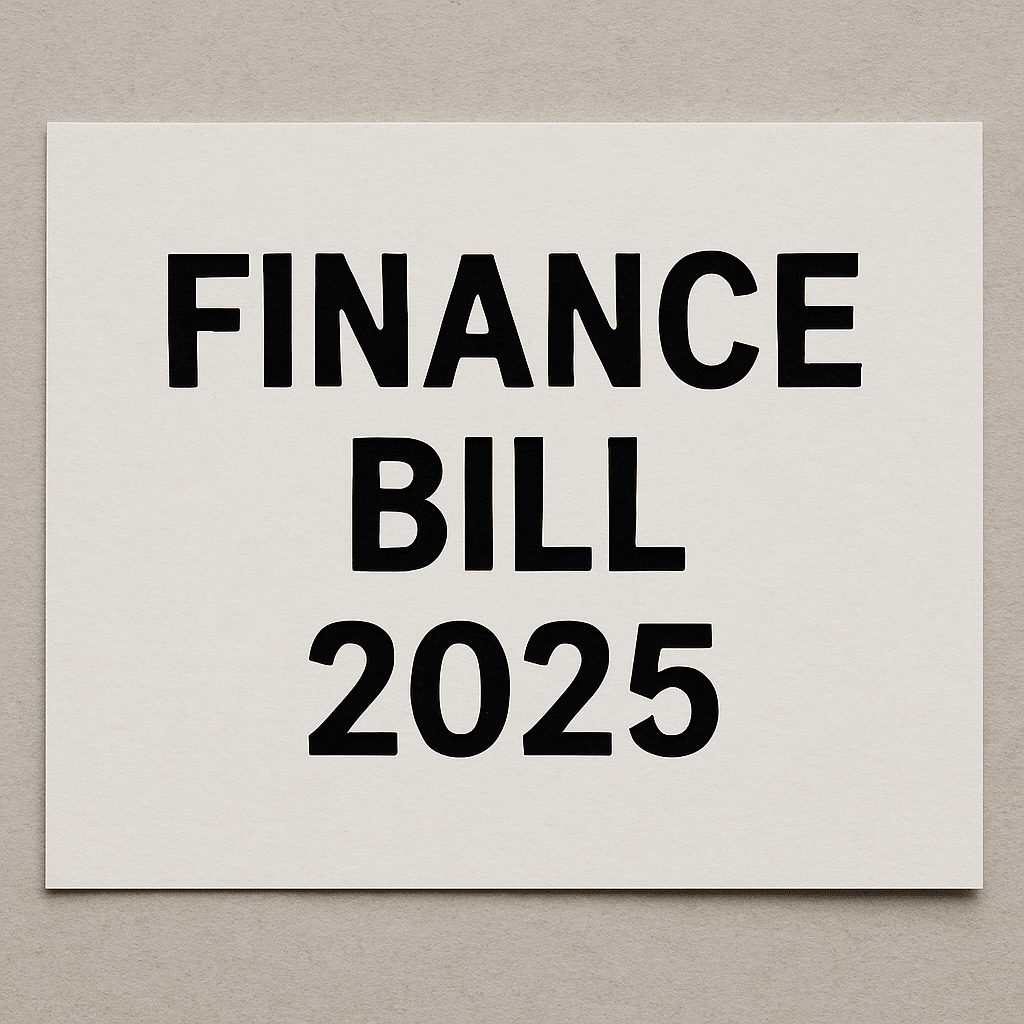Debunking 3 Money Myths

Money rules are everywhere, but the best finance habits are the ones that work for you and have been personalized to your income and needs.
To help you better make decisions, here are three popular but flawed beliefs about personal finance debunked!
Too Little to Save
What if you can truly only save a small amount?
The uncertainty of the last two years and all kinds of unpredictability have stressed many of our wallets. In these times, it can seem like savings is impossible, especially as inflation eats away at our current Ksh value.
Even if it’s the smallest amount you can live with paycheck to paycheck, flexing that savings muscle is important. As times improve financially, you can easily adjust the amount, but money habits matter—and every little bit helps!
Too Young to Think About Retirement
Are you earning some income? Now is the perfect time to think about retirement!
The sooner you start thinking about your later years, the better. That magic of compound interest means that your money can make even more money over long periods of time. And the more years you give yourself for that retirement sum to grow, the better.
Making routine contributions to retirement accounts that fit your personal financial situation can be a great first step to setting your future up for financial success.
Too Smart to Rent a Home
Home ownership is one of the most glamorized aspects of adulting. But the truth is, it’s a complex decision with a lot of variables.
When you’re considering buying a home, it’s important to think of the full list of costs and commitments that come along with that choice. Going beyond your principle, interest, and insurance payments, you may need a healthy budget for repairs and other maintenance expenses.
If you’re in a life stage where your career feels a little unstable, a home purchase may complicate your ability to adapt as needed.
There are a lot of other misconceptions, but we hope this blog post helped provide some context on some of the most common ones, and inspired you to design your own financial “rules”.




Comments ()